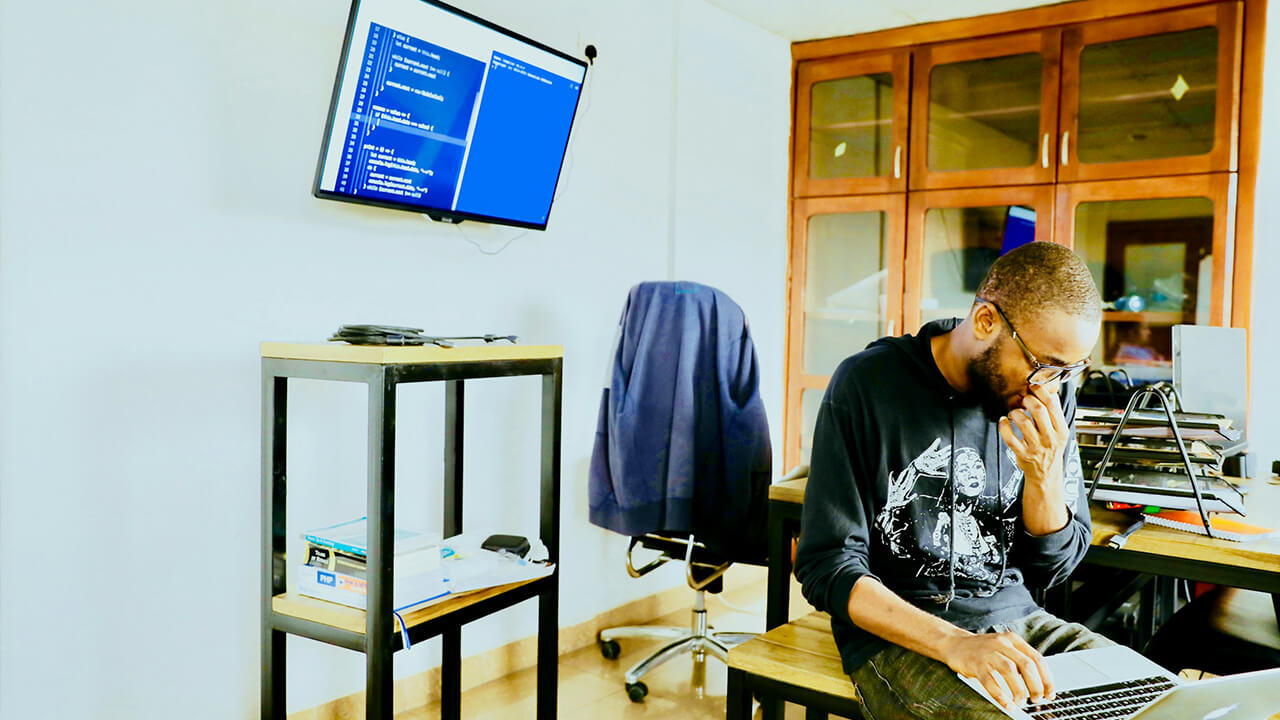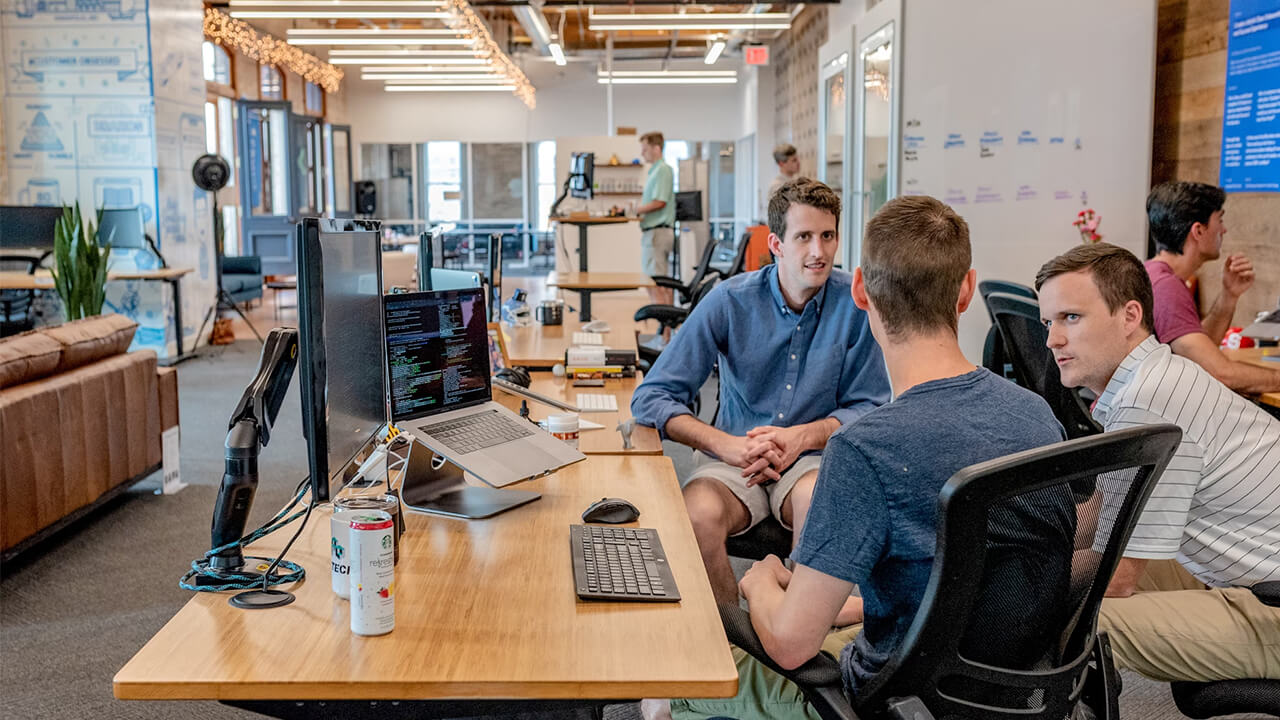In the fast-moving world of artificial intelligence (AI), the race to hire top talent is more competitive than ever. Big tech companies are offering eye-watering salaries, shiny perks, and fancy titles to lure the best minds in the industry. So when Meta (formerly Facebook) came knocking on the doors of some of the brightest AI researchers, you’d expect them to jump ship. But that didn’t happen with Mira Murati’s team.
Let’s unpack this fascinating story about loyalty, leadership, and vision in the age of AI.
Who is Mira Murati?
First, if you’re wondering, “Who is Mira Murati?” — you’re not alone. Murati may not be a household name just yet, but she’s a big deal in the AI world. She played a critical role at OpenAI, the organization behind ChatGPT, and has now ventured out to launch her own AI startup.
While much remains under wraps about what exactly her new venture is working on, one thing is clear — she’s building a strong, dedicated team. And Meta wanted a piece of it.
Big Tech’s Talent Hunt
It’s no secret that tech giants like Meta, Google, and Microsoft are scrambling to recruit top AI talent. With every company racing to improve their AI models — from chatbots to machine learning algorithms — having the right brains on your team can make all the difference.
What are they offering?
- Multi-million dollar pay packages
- Equity in large, established companies
- Cutting-edge research opportunities
With that kind of offer on the table, most people would at least take the meeting, right? But not Murati’s team.
A Rejection That Turned Heads
According to a recent report, several researchers at Mira Murati’s AI startup were approached by Meta with lucrative offers. But surprisingly, they said no. They turned down the big checks and stayed put.
That’s almost unheard of in Silicon Valley, where switching jobs every couple of years is often considered normal—if not expected. So why didn’t they take the bait?
The Power of Purpose and Culture
People don’t just work for money. Sure, it’s important — especially in a high-demand field like AI. But ask anyone who truly loves what they do, and they’ll tell you something different: people stay for the mission, the leadership, and the feeling that their work actually matters.
Murati, described by many peers as vision-driven, thoughtful, and intensely focused, has apparently built a company culture that people want to be a part of. Her team believes in the mission of the startup. And let’s face it — being part of something new and potentially game-changing is exciting!
Think of it like this: would you rather be a nameless cog in a giant machine or have a real impact on shaping something from the ground up? Murati’s team seems to have chosen the latter.
What Makes AI Startups So Appealing?
It might seem crazy to turn down Meta, a tech giant with nearly endless resources. But startups have their own kind of magic, especially in AI. Here’s why:
- More creative freedom: Startups are less weighed down by bureaucracy. That means you can experiment more.
- Closer teams: Small teams often create stronger bonds and more open collaboration.
- Clear purpose: You know exactly what you’re building and why.
- Ownership of work: Your contributions have a direct, noticeable impact.
For researchers and engineers passionate about solving interesting problems, these perks can outweigh the benefits of working for a corporate giant.
What Does This Mean for AI Recruitment?
Meta’s failed attempt to poach staff from Murati’s team reflects a larger trend in AI: Talent is becoming more values-driven. People don’t just want big paychecks—they want to work somewhere where they feel engaged, inspired, and valued.
Companies like Meta may need to rethink their strategy. Sure, money talks. But in the long run, culture, leadership, and purpose speak louder.
Lessons for Startups and Big Companies Alike
If you’re running a tech startup or even a team within a larger company, what can you learn from Mira Murati’s leadership?
Here are a few takeaways:
- Invest in people: Create a workplace where your team feels heard and supported.
- Be mission-focused: Have a clear vision that your team can rally behind.
- Foster trust: When people trust their leader, they’re more likely to stay—even when shiny offers come along.
- Create a sense of ownership: Let your team feel like they’re building something meaningful, not just clocking in and out.
And if you’re a job-seeker or just someone interested in the tech world, this story shows that not all that glitters is gold. Sometimes, job satisfaction comes not from the biggest paycheck but from the chance to do work that matters.
Wrapping It Up: Why Loyalty Still Matters
The story of Mira Murati’s team and their decision to stay isn’t just about AI. It’s about humanity in the workplace — something that’s more important than ever as we let more machines into our daily lives.
At the end of the day, even in high-tech environments, people crave purpose, connection, and trust. Murati seems to have found a way to offer all three — and that might be more valuable than any signing bonus.
So next time you hear about a big tech company making headlines, ask yourself this: Would you rather work at the biggest company in the world, or help build the next big thing?
That’s a question Mira Murati’s team seems to have already answered.
What do you think?
Would you turn down a job at Meta to stay at a startup? Or do the perks of big tech still hold the biggest appeal for you? Let us know your thoughts in the comments!
And don’t forget to follow our blog for more real-world stories from the cutting edge of AI and tech.





